Lord Luce: Minister who resigned over Falklands conflict reflects 40 years on
Richard Luce, who resigned from the Foreign Office over the Falklands war 40 years ago, reveals to Liam James how diplomacy failed

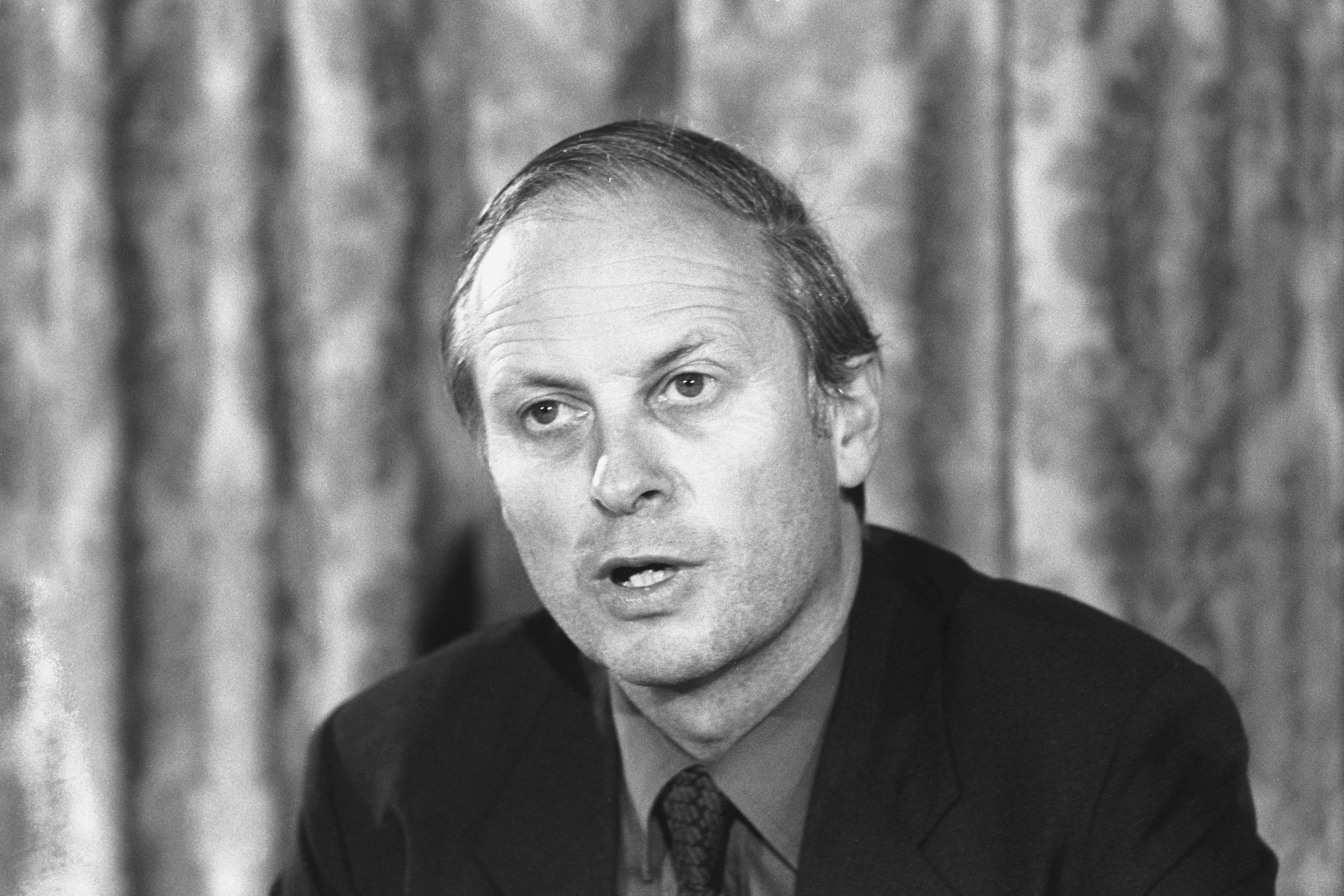
When Argentina invaded the Falkland Islands on 2 April 1982 the response in Britain was furious.
The bulk of the anger was directed quite naturally at the military junta which had ordered its navy to capture the islands, but plenty was reserved for the government in London which had lost hold of the situation.
Within days of the first Argentinian troops landing on the British South Atlantic territory, the press in London had condemned the then prime minister Margaret Thatcher’s leading diplomats as traitors.
The late Lord Carrington, then foreign secretary, and Richard Luce, then foreign office minister with responsibility for the Falklands Islands, resigned together, convinced they could not go on after what they admitted was a grave foreign policy error.
Forty years on, The Independent speaks to Lord Luce about the turbulent months leading to the war.
In December 1981, a new junta took charge in Argentina led by the military dictator General Leopoldo Galtieri. He took power at a time of economic hardship which soon sparked civil unrest.
Lord Luce considers this setting crucial to the decision in Buenos Aries to invade. He says: “I think Galtieri was in such trouble with his economy, with his general strikes.
“As you know dictators, we've seen this recently, divert attention by doing atrocious things and really I think that is probably what sparked Galtieri to act.”
Argentina was also more concerned than usual at the time with its territory in the South Atlantic, owing partly to a dispute with neighbouring Chile over islands to the south.
At the same time, frustration was building in Buenos Aries over a lack of progress in talks with Britain over the Falkland Islands, a small archipelago sitting a few hundred miles east of Argentina.
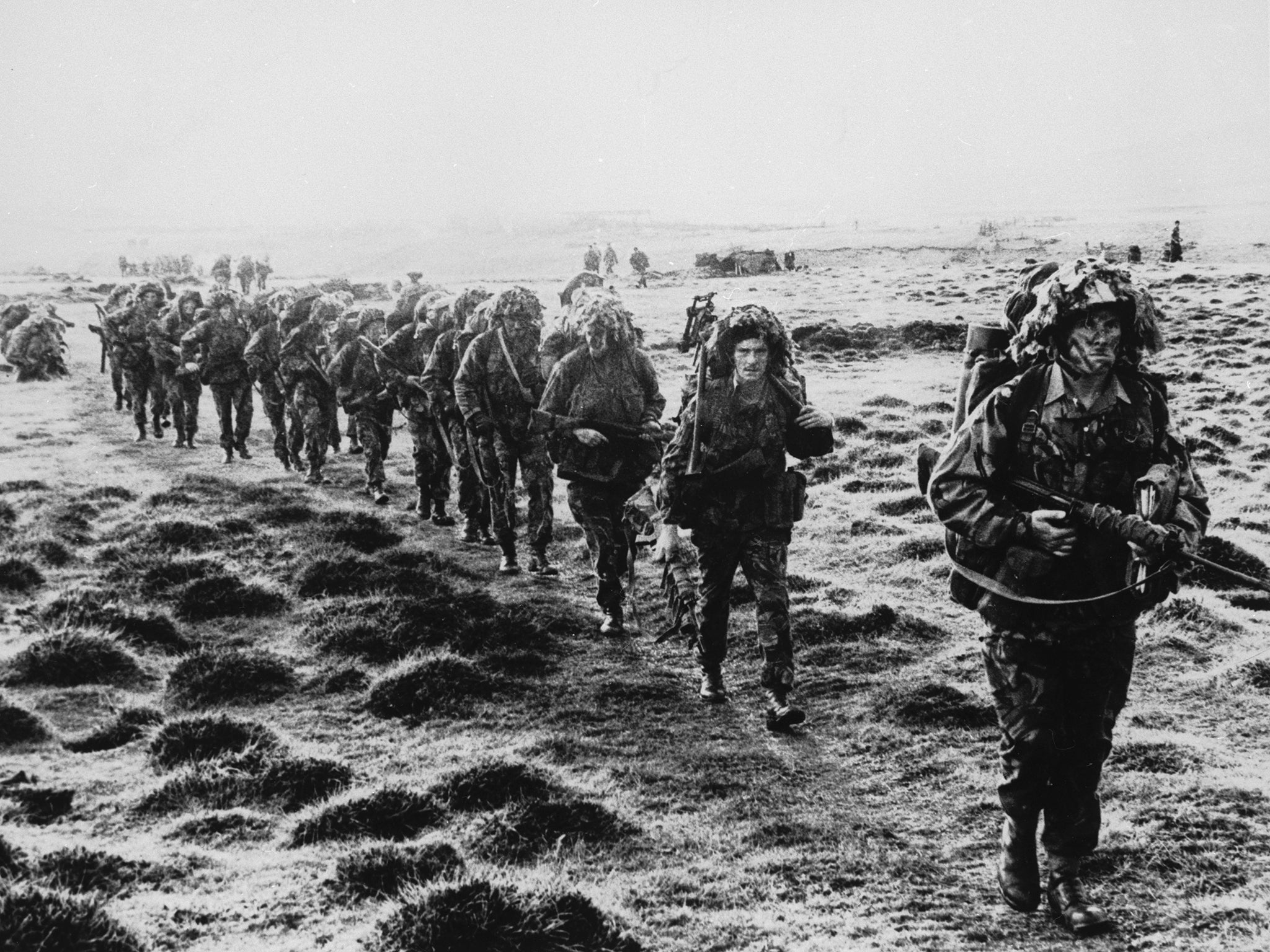
Negotiations had been running intermittently since the mid-Sixties and by early 1982 signs began to show that the junta was tiring of standstill and turning its mind to taking power forcefully.
Captain Nicholas Barker, commander of Britain's sole naval presence in the South Atlantic at that time, the HMS Endurance, reported to London that he was warned in January by an Argentinian navy official of impending military action.
The official line in Britain 40 years on remains that the invasion was a surprise.
Lord Luce supports this but admits there was information available to suggest an invasion was coming. However, he says it was not presented to the government by intelligence services.
He says: “Hindsight shows that we were inadequately briefed on the range of indications of possible actions in the Falkland Islands.”
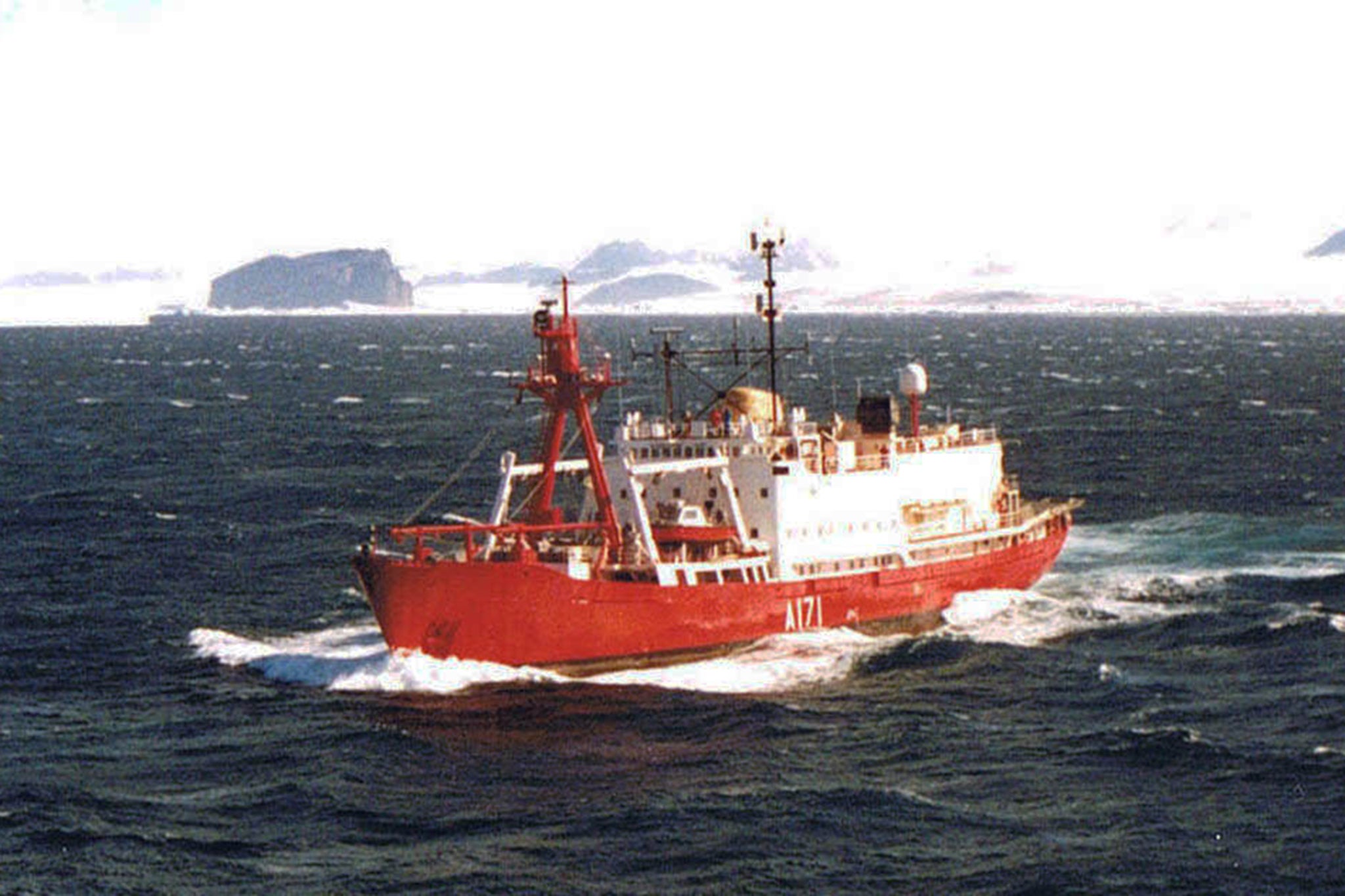
Whether or not the government had been made aware of the threat, it was clear the situation was on a knife’s edge and the early months of 1982 saw intense diplomacy between Britain and Argentina.
Lord Luce was at centre stage in talks held in New York in February with Argentina’s deputy foreign minister Enrique Ros.
“He was an extremely straightforward chap to negotiate with but every time we thought I’d got some agreement from him he went to the telephone and rang either Costa Mendez [the foreign minister] or Galtieri himself. Every single time.” Lord Luce says of Ros.
They nonetheless agreed to develop a framework for further negotiations. Both sides appeared to be satisfied at the progress and issued a joint communique affirming the resolve of both sides to find a solution.
“We went off with a nice statement which was torn up when the deputy foreign minister got back to the Argentines. Galtieri clearly didn’t go along with it,” he says.
Argentina followed soon after with a unilateral communique asserting that the aim of future negotiations should be to recognise Argentine sovereignty over the Falklands.

Lord Luce says: “This is what then made matters worse.”
Weeks later, on 19 March, members of the Argentine navy landed on South Georgia – another island under British control in the South Atlantic – under the cover of providing transport to a scrap metal merchant conducting business there.
The incident was incendiary and is now viewed as a toe in the water of the Argentine campaign. The British government, while disturbed, still did not view an invasion as a foregone conclusion.
It was not until 29 March – three days before the invasion – that the government decided to send any military support to the Falklands. Two submarines were ordered to make the trip, the first of which was not scheduled to arrive until 16 April, which in the event was a fortnight after the invasion.
Lord Luce accepts this came too late.
He says: “There is one thing that we would have urged the government to agree to, which would have been to send two submarines not at the late date that we did send them but much, much earlier as a precaution, and ready to surface and demonstrate to the Argentines that we were around and alert.
“But that’s with hindsight and I am not going to suggest that we would do anything differently with the information we knew at that time.”
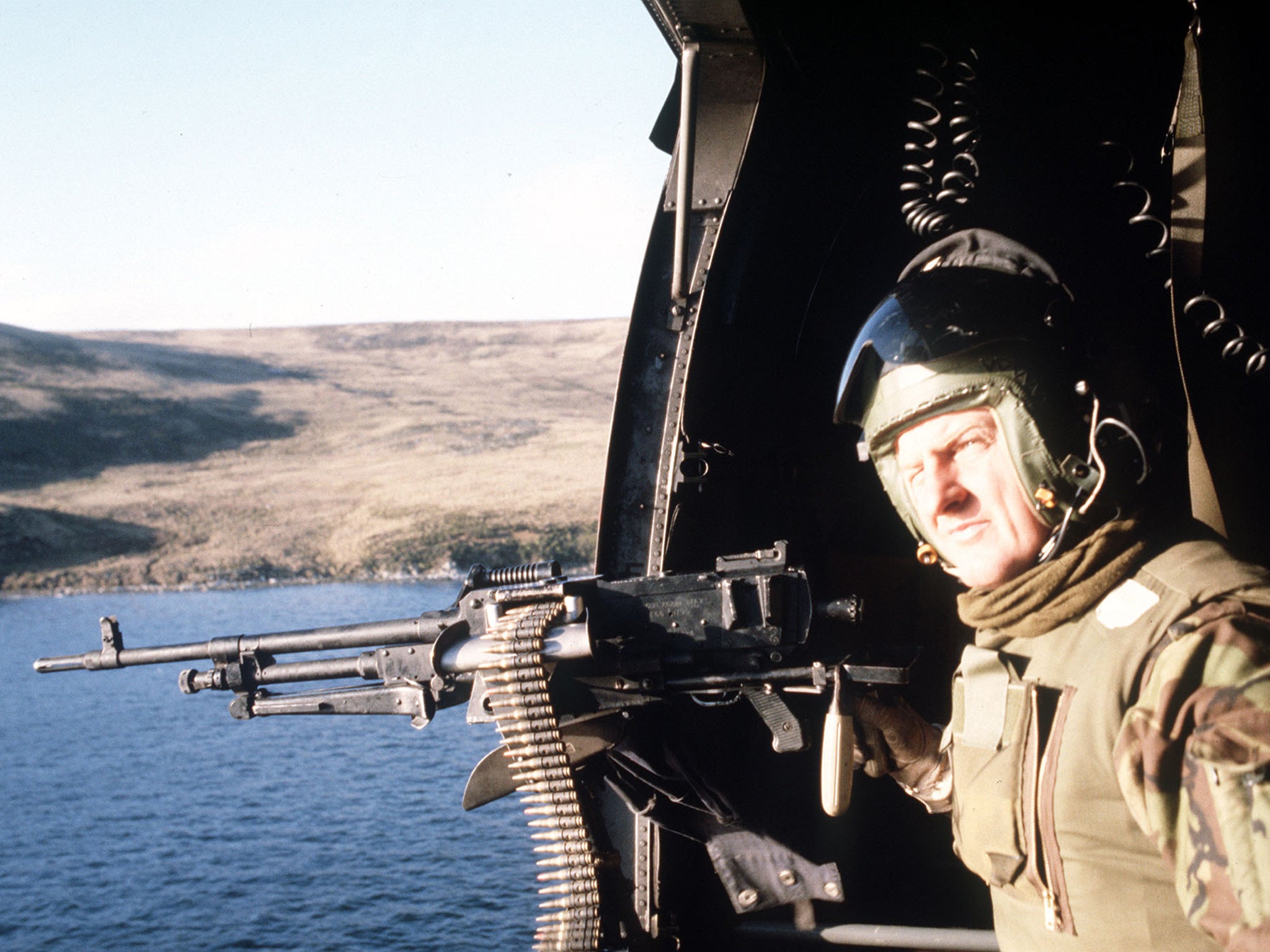
On 30 March Lord Luce told the House of Commons that Britain would defend the Falklands if necessary. By the evening of the following day intelligence had been presented to the government indicating that the invasion was coming and would take place early on 2 April.
The intelligence was not wrong and Argentine forces landed west of Stanley, the largest settlement on the islands, in the small hours of the Friday as predicted.
The Argentine flag was raised above Government House shortly after midday.
In London, the Foreign Office minister who had spent months trying to avoid precisely this outcome was sure he had to give up his job for the humiliation.
He says: “[Immediately after the invasion] I was certain that irrespective of whether we could have prevented it or not, someone had to carry the can, and I was determined that I should do so.”
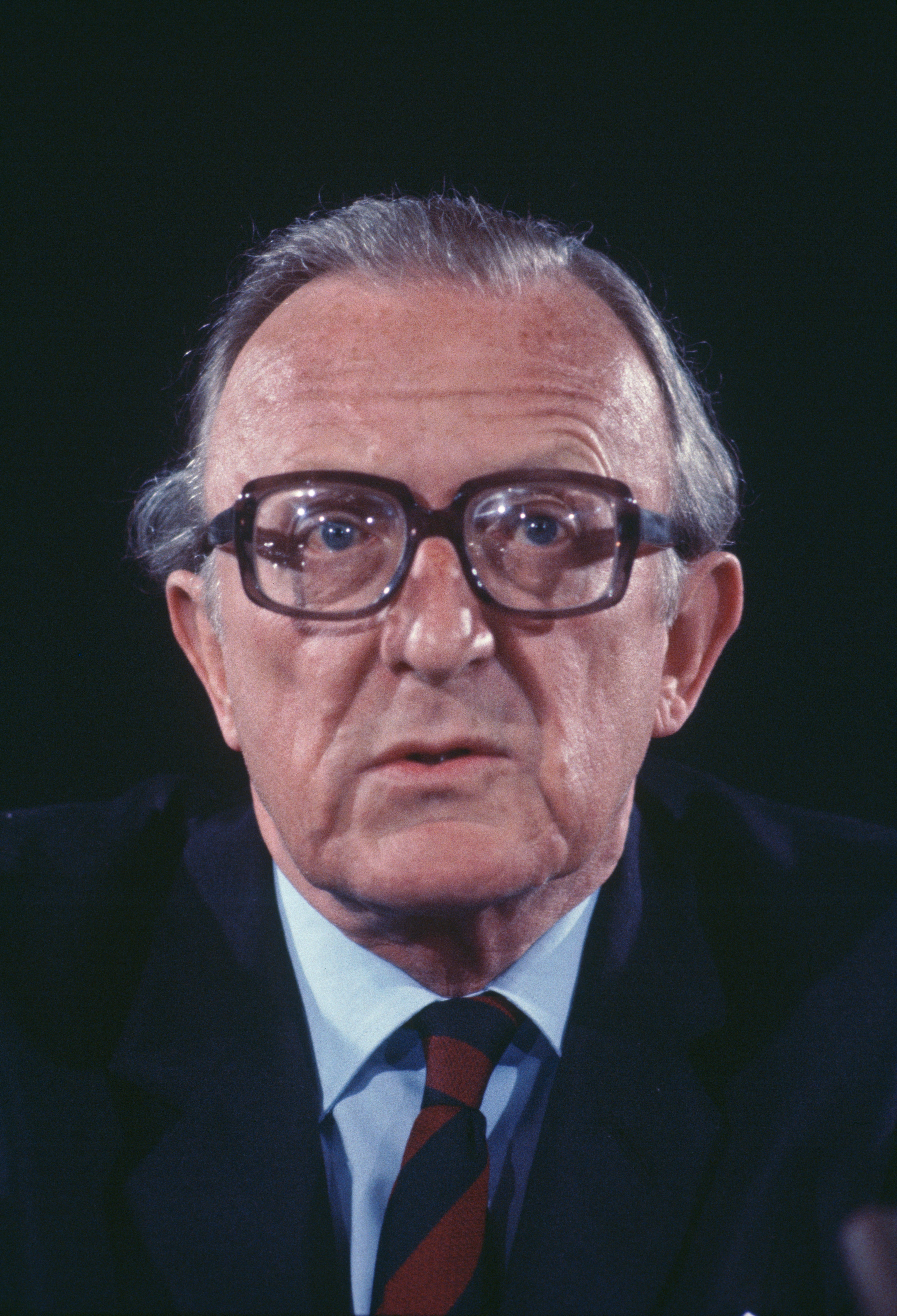
“On the morning that the invasion was announced I went to see Lord Carrington, and as I opened the door, he looked at me and said, ‘you’re not going to do it’.”
“I said, ‘well I haven’t talked to you yet,’ and he said, ‘well come and sit down’.
“I explained why I thought it was my duty to resign.”
Lord Carrington convinced him to remain in place and put him to work at the United Nations to rally support for Britain.
In a House of Commons debate on the Saturday, the ministers faced the fury of all sides, not least their own Conservative Party. Lord Luce says “quite rightly we were mauled”.
“By the time it got to Monday morning I think Lord Carrington was beginning to change his view,” he continues.
“So I wrote him a note that said ‘if you decide to go, I go with you’.”
That morning Lord Luce had flown to RAF Brize Norton in Oxfordshire to greet the governor of the Falklands, Rex Hunt, and a group of British troops who had accompanied him from the South Atlantic.
Lord Luce recalls: “As the aircraft was landing, Lord Carrington rang and said ‘I’m going to resign’. The Times had written a damning condemnation of us.”
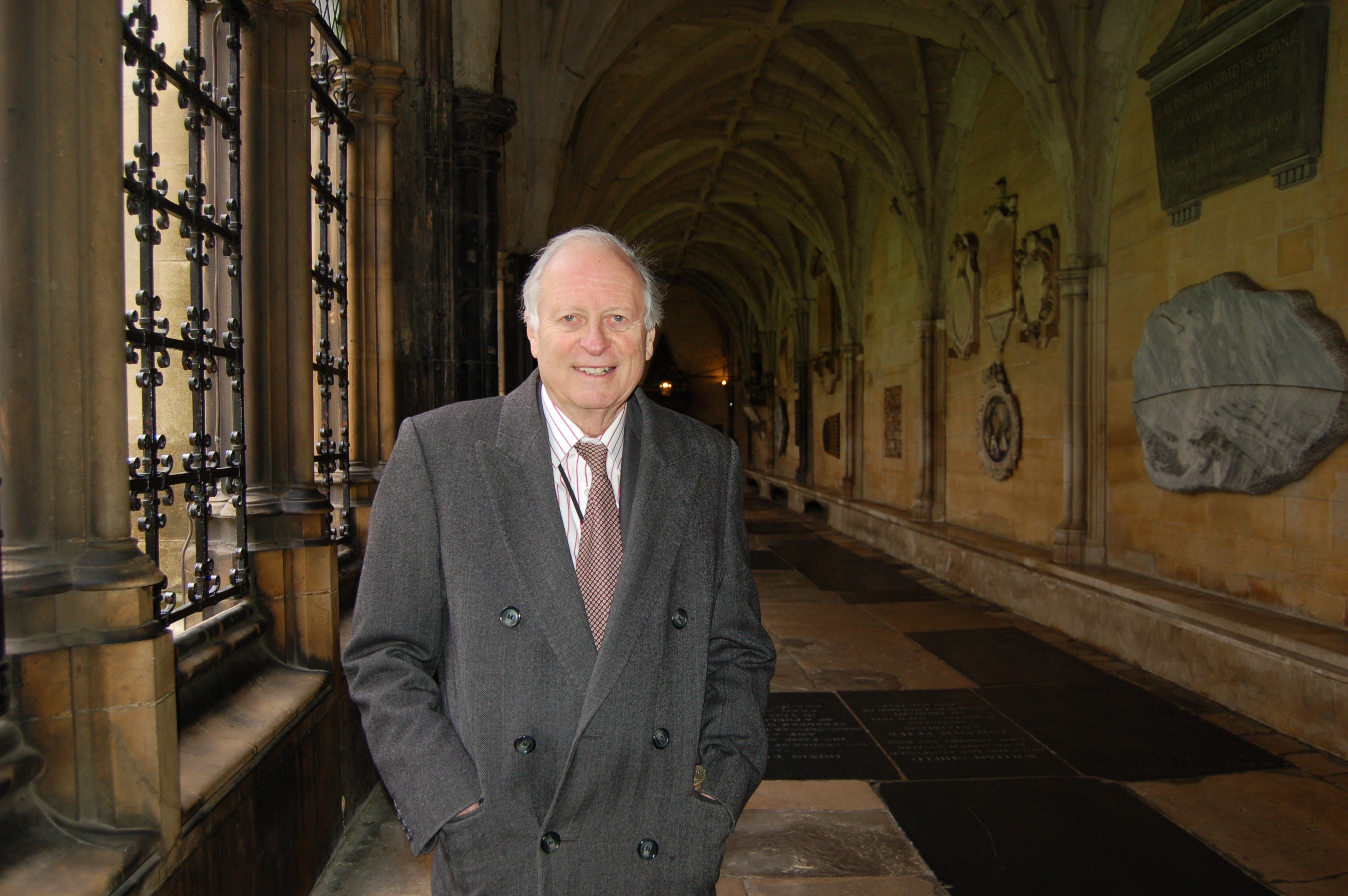
The Times published an editorial that was brutal in its assessment of the pair’s failings. Lord Luce said it “pretty much described us as traitors for not preventing the invasion”.
The foreign secretary said he was to resign just after lunch and urged Lord Luce to hurry back to London to notify the prime minister that he would be going too.
“I rushed back with the governor, flew in to Northolt, then rushed back into London, through all the red lights, and resigned with Lord Carrington.”
Lord Luce says the pair were duty bound to offer their heads for the invasion.
“The reason for my resignation and his was a matter of honour, we don’t believe that we could have done anything different to prevent the war.
“I’ve never regretted the decision, painful though it was.”
The war continued until June when Argentina surrendered at Stanley. By this time 255 British troops were dead, as were 649 on the Argentine side.
Lord Luce later returned to the Foreign Office and Lord Carrington went on to become secretary-general of Nato.
Join our commenting forum
Join thought-provoking conversations, follow other Independent readers and see their replies
Comments
Bookmark popover
Removed from bookmarks